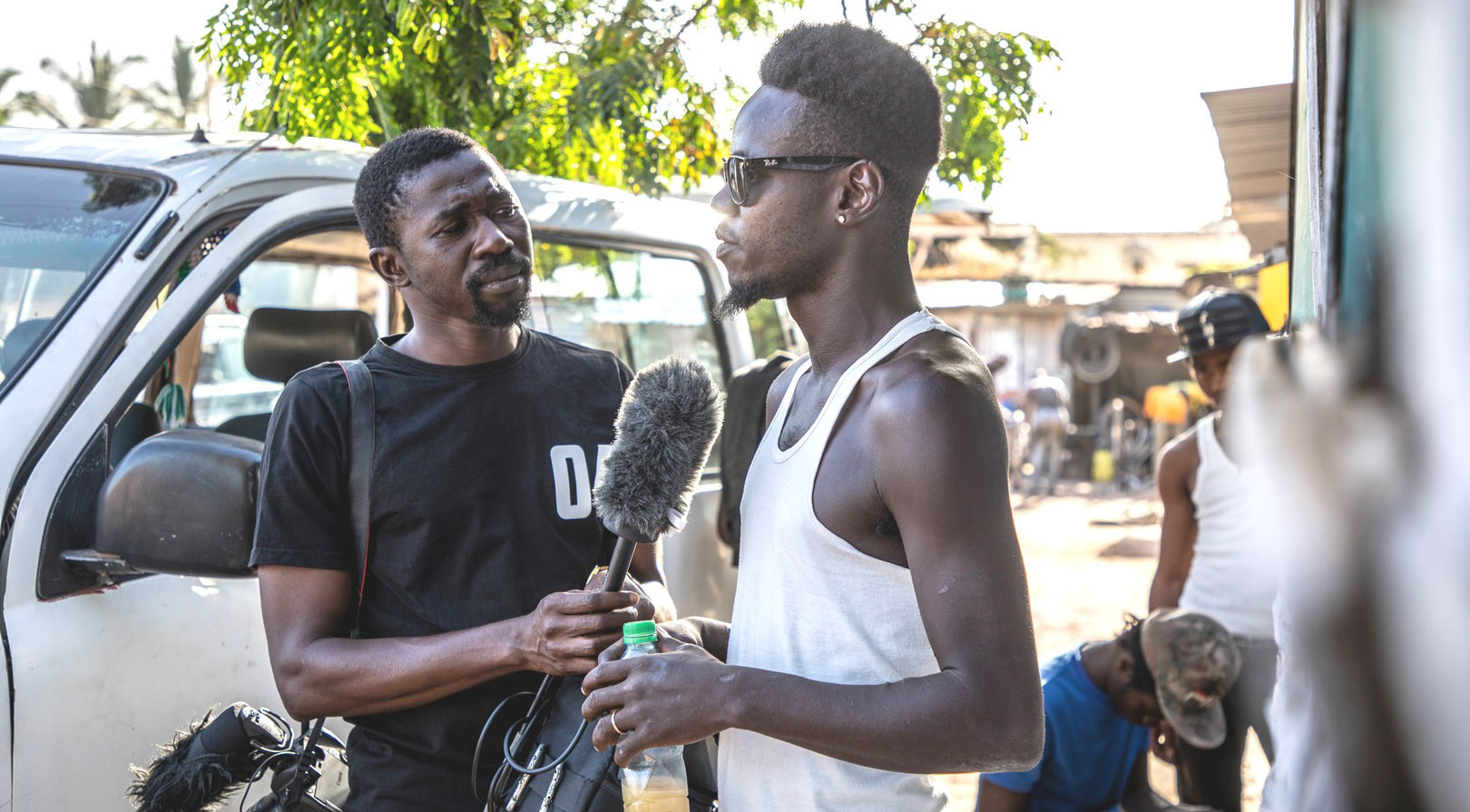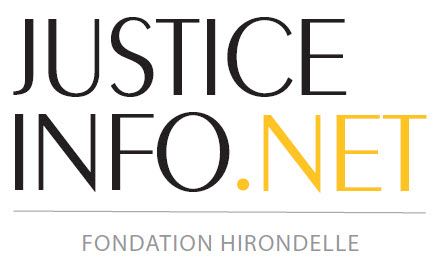

Justice Info website is the only international media to focus its coverage – free of charge and in five languages – on justice initiatives in countries facing the most serious violence: war crimes, crimes against humanity or genocide. It focuses on transitional justice initiatives, including truth commissions, reparations, memory building, reconciliation, and universal jurisdiction.
The role of Justice Info is to make these processes accessible, to democratise transitional justice in order to make it easy to understand, and to enable a dialogue between its actors and its beneficiaries. Over 200 publications are produced each year by some 30 correspondents, as well as experts, around the world, providing a unique source of reports and debates on the experience of human societies in dealing with mass violence.
Financial volume 2023
473,571 CHF
Sources of funding
- Switzerland (SDC – Core contribution)
- Fondation Isocrate
- Anonymous foundation
- Private donations
Key figures for 2023
130,000 followers on social media
456 articles published
38 correspondents trained around the world
500,000 web users
5 broadcast languages
30 international correspondents
Context
The world is witnessing a decisive shift in the use of transitional justice in the West, where previously it tended to be confined to the “global South”. This swing is due in particular to the emergence of demands from indigenous peoples, a dynamic collective awareness of environmental rights, addressing the colonial past, and the growing importance of universal jurisdiction.
“Justice must be seen to be done”
Transitional justice is eminently political: it cannot act if it is not exposed to public scrutiny. Justice Info‘s content makes a direct contribution to meeting a fundamental democratic challenge by critically and independently questioning these processes.
Justice Info strives to report on local developments in transitional justice, where actors are becoming more creative and involved at a local level, rather than within large international bodies.
Consolidating our audience of 500,000 web users, and 130,000 on social networks, was a priority for Justice Info. Visitors to the website and social media platforms are increasing, and engaging more with the content, thanks to efforts made in search engine optimisation, innovative publishing methods, and organising the archives.
In 2024, the editorial team covered the 30th commemoration of the Tutsi genocide in Rwanda, and also travelled to Georgia to report on the dysfunctional use of the ICC’s assistance fund. Major issues such as Ukraine, Russia, Palestine, Israel and Colombia remain at the heart of its work. Justice Info will also do its utmost to shed light on certain blind spots in transitional justice, such as systemic gender violence or the possibilities for transitional justice concerning mass gang crime.
Priorities
- Maintaining the digital strategy
- Diversifying distribution channels
Activities
- Producing at least 13 articles a month
- Training for Ukrainian correspondents and journalists
Developing the skills of Justice Info correspondents is a priority for the team. In 2023, Justice Info also trained 38 Ukrainian journalists to cover war crimes trials.
Our impact
With nearly 2.3 million users since its creation, Justice Info has built up a loyal readership over the long term, made up of experts in transitional justice in the broadest sense.
This influence is reflected in the development of a Spanish-speaking readership, the maintenance of a strong audience for articles on Ukraine, and the success of articles on Palestine and the International Criminal Court.
Testimonial
“Justice Info allows me to explore issues that are rarely addressed by the media in my country, which are obsessed with immediacy and headlines. I can write about the expectations of victims, tackle complex issues and reflect on the legitimacy of justice.”
Andrés Bermúdez Liévano, Justice Info correspondent in Colombia.

